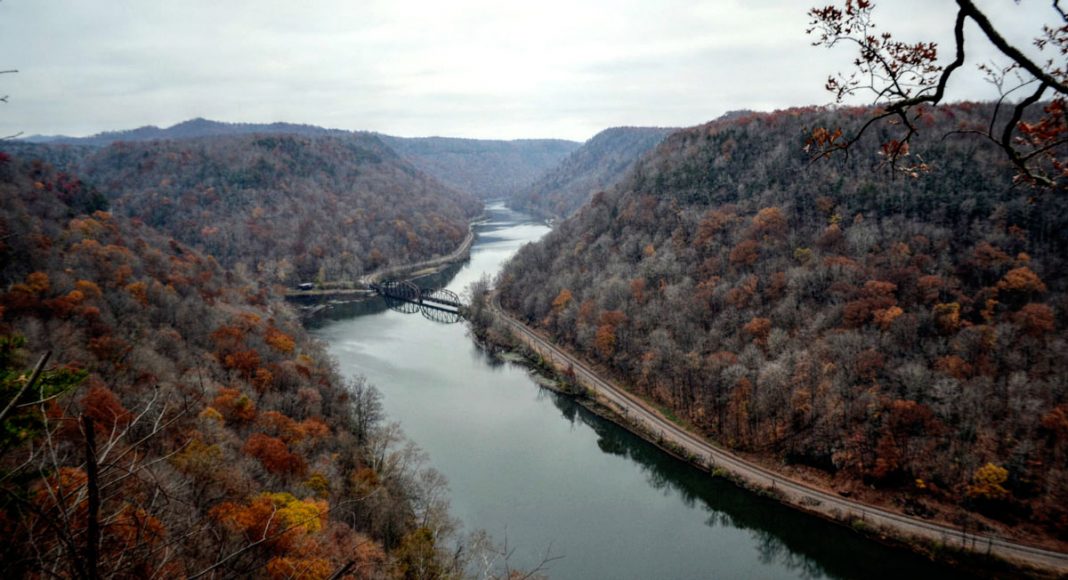The bill allows for 15 growers and 60 dispensaries in the state, with the possibility to increase both if there is a demand for them. People with prescriptions will be allowed to grow two plants in their own homes.
Alongside the signing of Senate Bill 386, the West Virginia Medical Cannabis Commission was set up to “develop policies, procedures, guidelines, and regulations to implement programs to make medical cannabis available to qualifying patients in a safe and effective manner,” according to the Charleston Gazette-Mail, as well as a Cannabis Revenue Fund that will allocate 10 percent to safe cannabis use and substance abuse and alcohol recovery programs.
-
Related Story: Here’s Proof That Marijuana Can Help Battle Opioid Addiction
The bill signing on Wednesday was an emotional moment for many advocates of legalized marijuana. Rusty Williams, a man who’d been diagnosed with testicular cancer in 2012 and credits medical marijuana for his recovery and remission, “burst into tears” at the signing, the Gazette-Mail reports:
“I wish I could properly put it into words,” [Williams] said. “I don’t know how to describe it — to know that something got me through the most hopeless I ever felt in my life … to know there’s an illegal flower that can get you through that,” his voice trailed off, before he thanked a “small, dedicated group of people” for their work on the issue.
-
Related Story: Kentucky Taking Close Look At Legal Weed In 2017
Cancer patients will be far from the only people to benefit from this bill: West Virginia is known as the “epicenter of the opioid crisis,” with the highest rate of deaths from overdoses of any state. As legal weed gains traction in the U.S. and shows potential for easing the opioid crisis, medical marijuana in West Virginia could be welcome relief for a variety of pain sufferers.
[gravityform id=”13″ title=”false” description=”true”]


